A Pilot Model of God’s Kingdom
I first volunteered with Matthew 25 as a college student who had a thirst to see marginalized communities thrive, and to see God in the picture of justice As I have been with this (now) organization, I have been challenged in my view of what justice looks like in God’s kingdom.
As you may know, Matthew 25 SoCal has started support circles in several parts of Southern California. The goal of Matthew 25 is to operate in a framework that does not take away agency from asylum seekers in the support circles. They are also involved in opportunities to advocate for themselves and other asylum seekers. To see people who are constantly regarded as less than, or as “pobrecitos” (or you poor thing) being a part of a process that allows agency has been transformative for me. I think that for so many years I have been the recipient of, or been a volunteer for organizations that have a framework where the organization is the entity that has, and the recipient is the entity that “has-not”. I think that in a community of faith, this can especially be problematic if it is thought that one part of the “body” has a spiritual offering, and the other does not. In a network with theologians, asylum seekers, professors, undocumented immigrants, etc. from a social standpoint, theologians and professors would be seen as the “haves”, and asylum seekers and undocumented immigrants would be seen as the “have- nots”. I think that the process to actively practice the value that these two “pobrecito” groups have contributions to make to their own lives and to the beloved community is reminiscent of the kingdom of God. I am thankful that this theology has been a leading guide in Matthew 25, as many of the people of color who have been founders in this process have themselves been labeled as a “have not”, and found the truth that in God’s kingdom, they are honored (1 Corinthians 12:12-26)
Last summer, I walked alongside a family in one of the support circles that was seeking asylum. As I literally walked with them to get financial, medical, and other resources that they needed, I was challenged by this framework to allow agency. I remember clearly as I went with them to sign up for services at a clinic, that I was tempted to just speak for them as I was talking to the secretary who spoke English. My parents are immigrants, and growing up I often translated in between them and doctors, and I often spoke for them because it was much easier. As I translated between the family and the secretary, I was challenged to translate in a way that would give them more agency in the situation, where the family was the main actor in advocating for the services that they needed. Through this experience, I realized the role of savior that I had internalized after so many years of being a translator and after being the first in my family to graduate from college. What God pointed out to me in this process was deep, and transformative, as I was able to release this internalized pressure to be a savior- which was never what God called me to be.
I share this anecdote to relate the amount of freedom that comes from co-sharing power and allowing people in a disadvantaged social location to exercise their agency. Matthew 25 attempts to do this as immigrant and non immigrant churches walk alongside immigrants who are at risk of deportation. Power sharing and agency is deeply important and transformative in this process because the churches could take away agency from the person that they are walking alongside. Additionally, because of the lack of resources and the social standpoint of immigrant churches, the leadership of these churches can be regarded as less than by nonimmigrant churches. Justice in the process within Matthew 25 looks like power being shared and agency being respected amongst these players. Even more deeply, the challenge is to create systems that give honor and respect to the immigrant churches and asylum seekers and immigrants, who have historically been seen as the “have- nots” In this framework of justice, I believe that there is also an invitation for the nonimmigrant church and the “haves” to freedom, like the freedom that I experienced when God pointed out my savior mentality. I truly believe that this process has the ability to give birth to something deeply transformative and reminiscent of what Jesus intended the kingdom of God to look like--a kingdom where Jesus did not see the sick person, the poor person, the prisoner, and the stranger as less than, but instead as people who he identified with and gave honor to.
